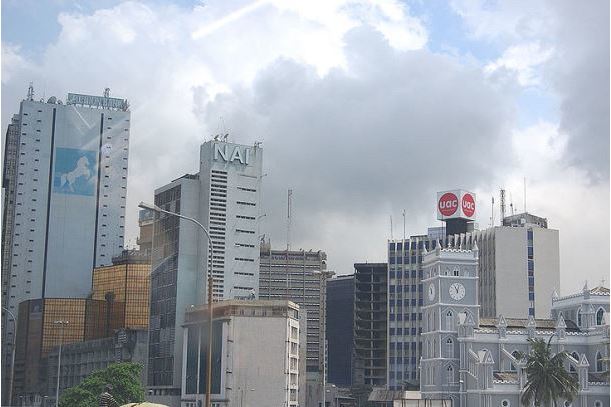Latest News
Nigeria’s inflation rate edges up to 11.28 per cent

News Highlight
The country’s Consumer Price Index increased for the second consecutive month in September to 11.28 per cent.
The National Bureau of Statistics (NBS) reported today that the country’s Consumer Price Index (CPI) increased for the second consecutive month in September to 11.28 per cent year-on-year. The headline inflation increased by 5 basis points (bps) from 11.23 per cent recorded in August 2018.
Nigeria’s headline inflation had risen for the first time in 18 months in August to 11.23 per cent, having ended in February 2018, a 15-month-long period of steady increases caused by the country’s economic upheavals.
Food inflation rose by 13.31 per cent y/y in the review period, compared to the 13.16 per cent recorded in the preceding month of August. According to the nation's statistics agency, the highest increases were recorded in the prices of bread and cereal, potatoes, yam and other tubers, oil and fats, vegetables, and fruits. On a month-on-month basis, however, food inflation reduced by 1.00 per cent in September, compared to the 1.42 per cent recorded in the previous month.
On a month-on-month basis, headline inflation declined by 0.84 percent, compared the 1.05 per cent rate recorded in the preceding month.
The highest increases were recorded in prices of fuels and lubricants for personal transport, vehicle spare parts, dental services, tobacco, carpets and other floor coverings, furniture and furnishing, hospital services, the NBS said.
Meanwhile, core inflation, which excludes the prices of agricultural produce, stood at 9.80 per cent during the review period, down from 10.02 per cent in August. Urban inflation rose marginally by 3bps to 11.70 per cent, compared to 11.67 per cent in August. Similarly, rural inflation quickened by 8bps to 10.92 per cent from 10.84 per cent in the previous month.
The inflation data was below the average estimate of 11.45 per cent compiled by Bloomberg and other analysts' forecast of 11.54 per cent.
Related News
Latest Blogs
- Lessons for Nigeria's climate finance strategy
- Prospects of a cruise ship port in Nigeria’s blue economy
- Insights from Alame V Shell on corporate liability for environmental damage
- Threats and mitigation strategies against plastic waste in agriculture
- Iran v Israel, what it means for Nigeria
Most Popular News
- Artificial intelligence can help to reduce youth unemployment in Africa – ...
- Nigeria’s GDP climbs to $243 billion after rebasing
- Open Society announces fellowships for four Nigerian public intellectuals
- UK borrowing blow makes tax hikes ‘inevitable’ – Nigel Green
- Renewable energy boom highlights growing regional divide
- IMF commends reform at Federal Inland Revenue Service








